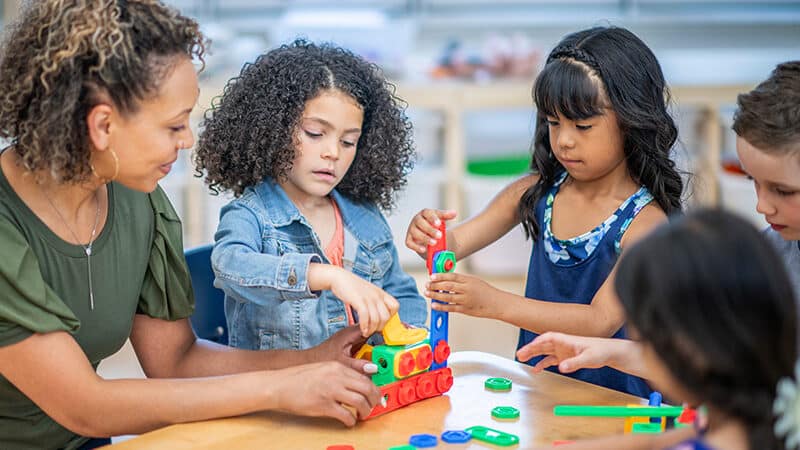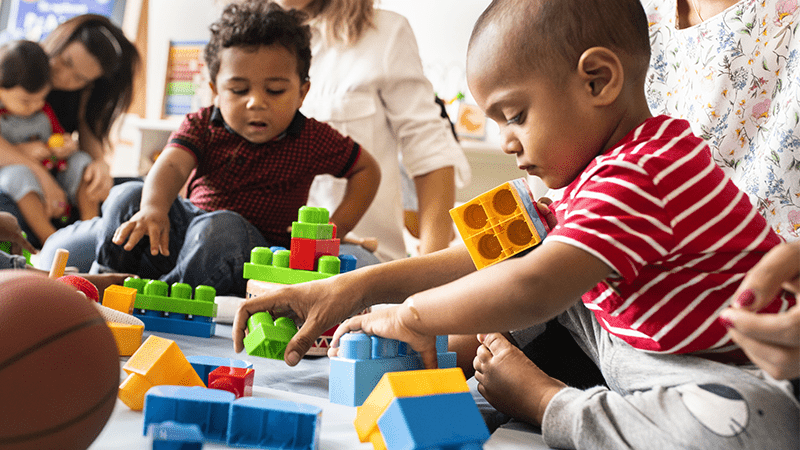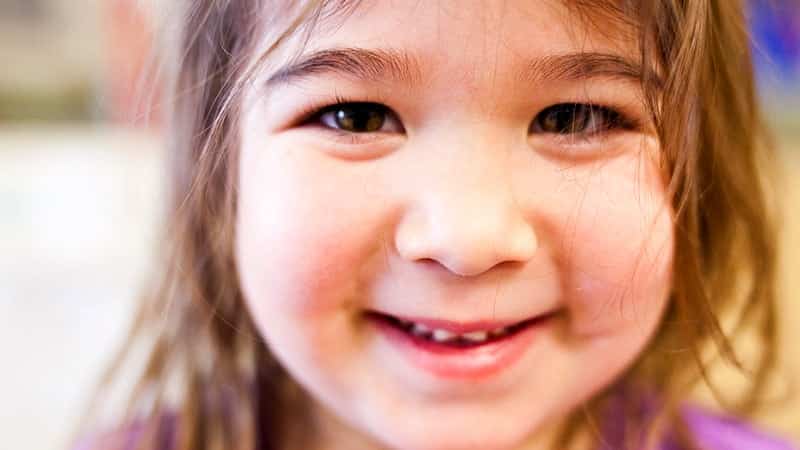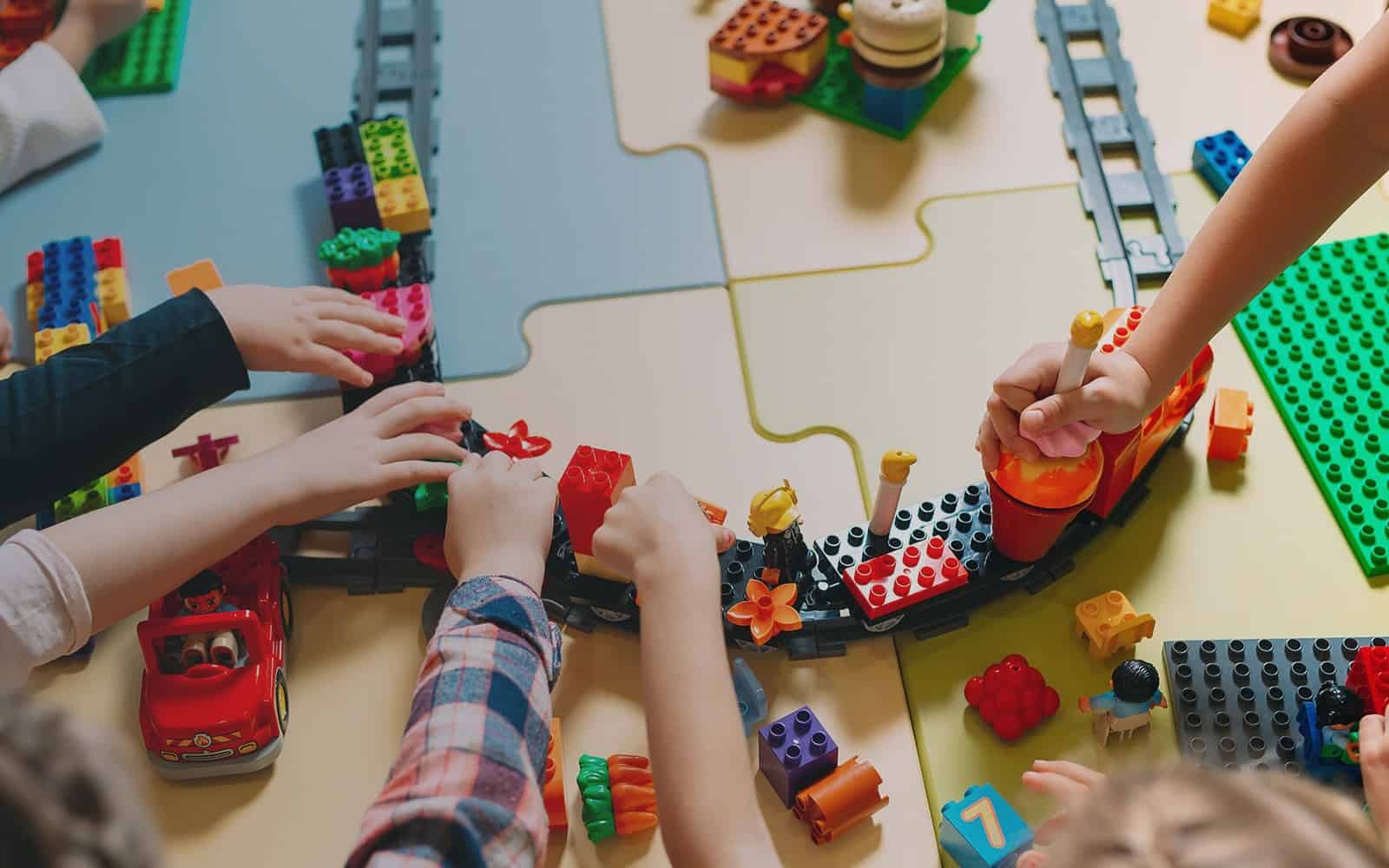
Start Early Professional Development
Team-driven. Targeted. Transforming. Our portfolio of in-person and virtual professional development solutions builds a capable, confident early childhood workforce. Discover the resources and trainings that are right for your team!
Reflectable
Web-based tool supports transfer to practice with a weekly reflective practice featuring bite-sized classroom actions
NEAR@Home
A science-based, five-step approach for home visitors that offers families a hope-filled path forward
Resources to Strengthen Your Early Childhood System

Start Early Consulting
Together, designing high-quality, inclusive early childhood systems.

Innovation
Combining human-centered design and early childhood expertise with data and technology.

Upcoming Events
Learn about the latest innovations in early childhood leadership, advocacy, and systems building with national experts in the field.
Resources & News
Explore free online resources, from webinars to blogs to program implementation tips, written by Start Early education experts.
State-Based Resources & Support

Start Early in IL
Our work to improve early learning in Illinois includes supporting children, families, early childhood professionals and policymakers.

Start Early in WA
We work hand-in-hand with public and private partners to promote comprehensive birth-to-5 learning experiences for all children in Washington state.
Let's Talk
Have specific questions about Start Early’s professional development offerings? Reach out directly to our team.
Start Your Professional Development
Build practices and strong teams that transform teaching and learning for all children with our portfolio of training programs.
Stay Connected
Stay up to date on our latest professional learning opportunities, events and resources to strengthen your practice.

